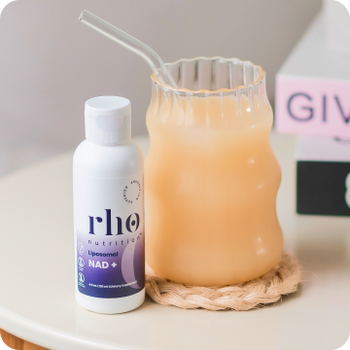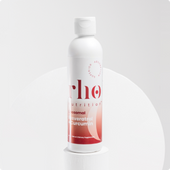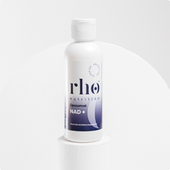Heavy metal toxicity is a growing concern as we face increasing exposure to these harmful substances in our daily lives. Heavy metals, such as lead and mercury, can cause serious health problems and affect millions of people worldwide. In this article, we'll explore the risks associated with heavy metal exposure, and how liposomal glutathione can help in detoxification to protect your health from these invisible threats.
The Dangers of Heavy Metal Exposure
Heavy metals can cause a wide range of health issues, from neurological damage to organ dysfunction. Here are some alarming statistics related to heavy metal toxicity:
- Lead:
- In the United States, approximately 500,000 children aged 1 to 5 years have blood lead levels higher than the CDC's reference level of 5 µg/dL.
- The WHO estimates that lead exposure accounts for 1.2 million deaths per year globally, causing an annual loss of 24 million disability-adjusted life years (DALYs).
- Mercury:
- Mercury is listed by the WHO as one of the top ten chemicals of major public health concern.
- The largest source of human exposure to mercury is through the consumption of contaminated fish and shellfish, where methylmercury bioaccumulates in the food chain.
With such widespread exposure, it's essential to take proactive steps to reduce the risk of heavy metal toxicity and safeguard our health.
The Power of Liposomal Glutathione in Heavy Metal Detoxification
Liposomal glutathione is a supplemental form of glutathione, an antioxidant that plays a vital role in the body's detoxification processes. Glutathione is a tripeptide composed of three amino acids: cysteine, glutamate, and glycine. The liposomal formulation enhances the bioavailability of glutathione by encapsulating it in a lipid bilayer, allowing it to bypass the digestive system and be more effectively absorbed by the body.
Here's how liposomal glutathione can help in heavy metal detoxification:
-
Direct binding: Glutathione can bind to heavy metals, forming complexes that are more water-soluble and easier for the body to excrete through bile and urine. This process is called chelation.
-
Indirect detoxification: Glutathione plays a central role in the body's natural detoxification process called the Phase II detoxification system. This involves conjugating (binding) toxic substances, including heavy metals, with glutathione to make them less toxic and more water-soluble, facilitating their excretion from the body.
-
Antioxidant support: Heavy metal toxicity can lead to the generation of reactive oxygen species (ROS), which can cause oxidative stress and damage to cells, proteins, and DNA. Glutathione acts as a powerful antioxidant, neutralizing ROS and reducing oxidative stress, thereby minimizing the damage caused by heavy metals.
Conclusion
It's crucial to be aware of the risks associated with heavy metal exposure and take preventive measures to protect your health. Incorporating liposomal glutathione into your daily routine can be an effective strategy for detoxifying your body from these harmful substances. By supporting your body's natural detoxification processes and neutralizing the damage caused by heavy metals, liposomal glutathione can help you maintain a strong and healthy body in the face of invisible threats.













Leave a comment